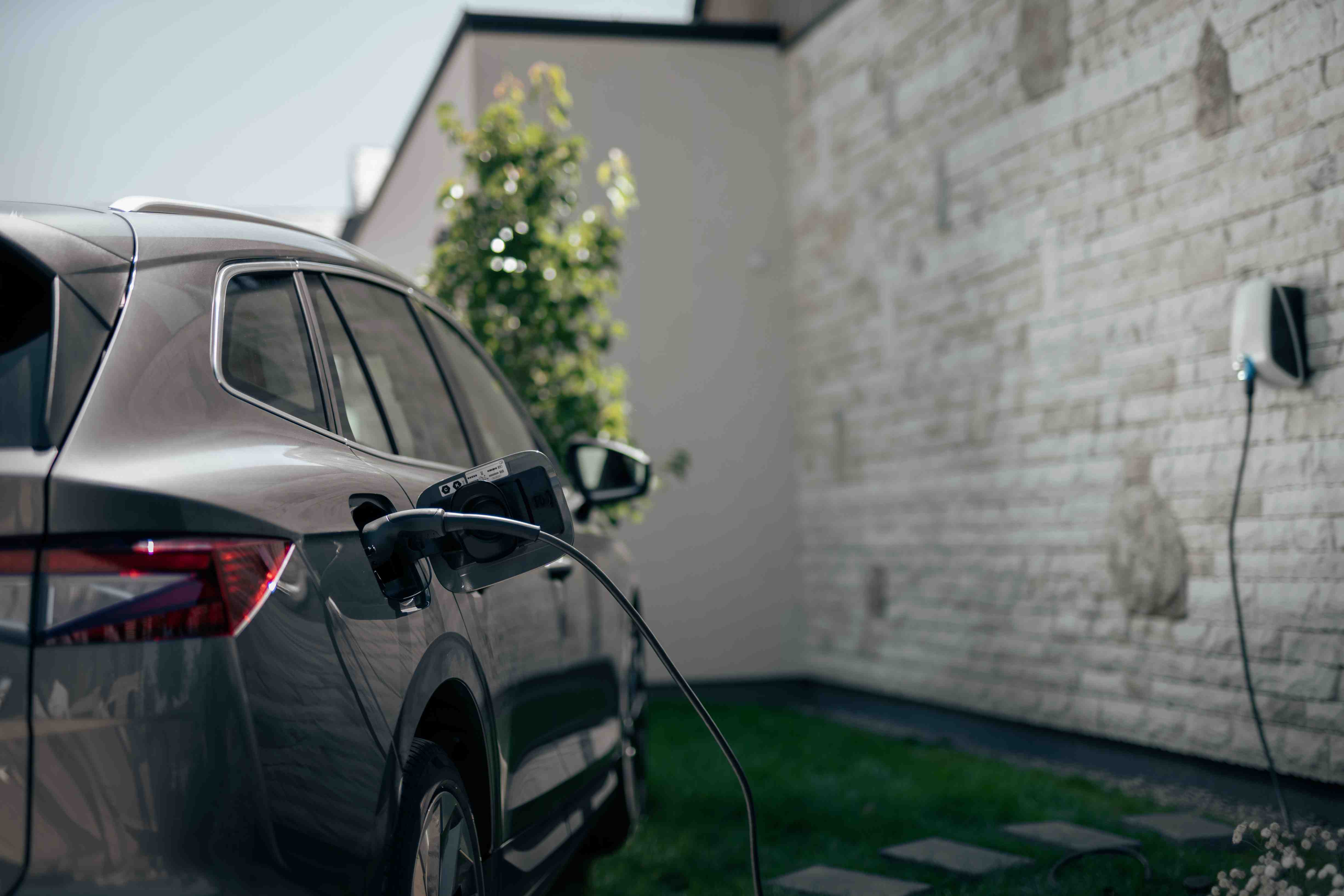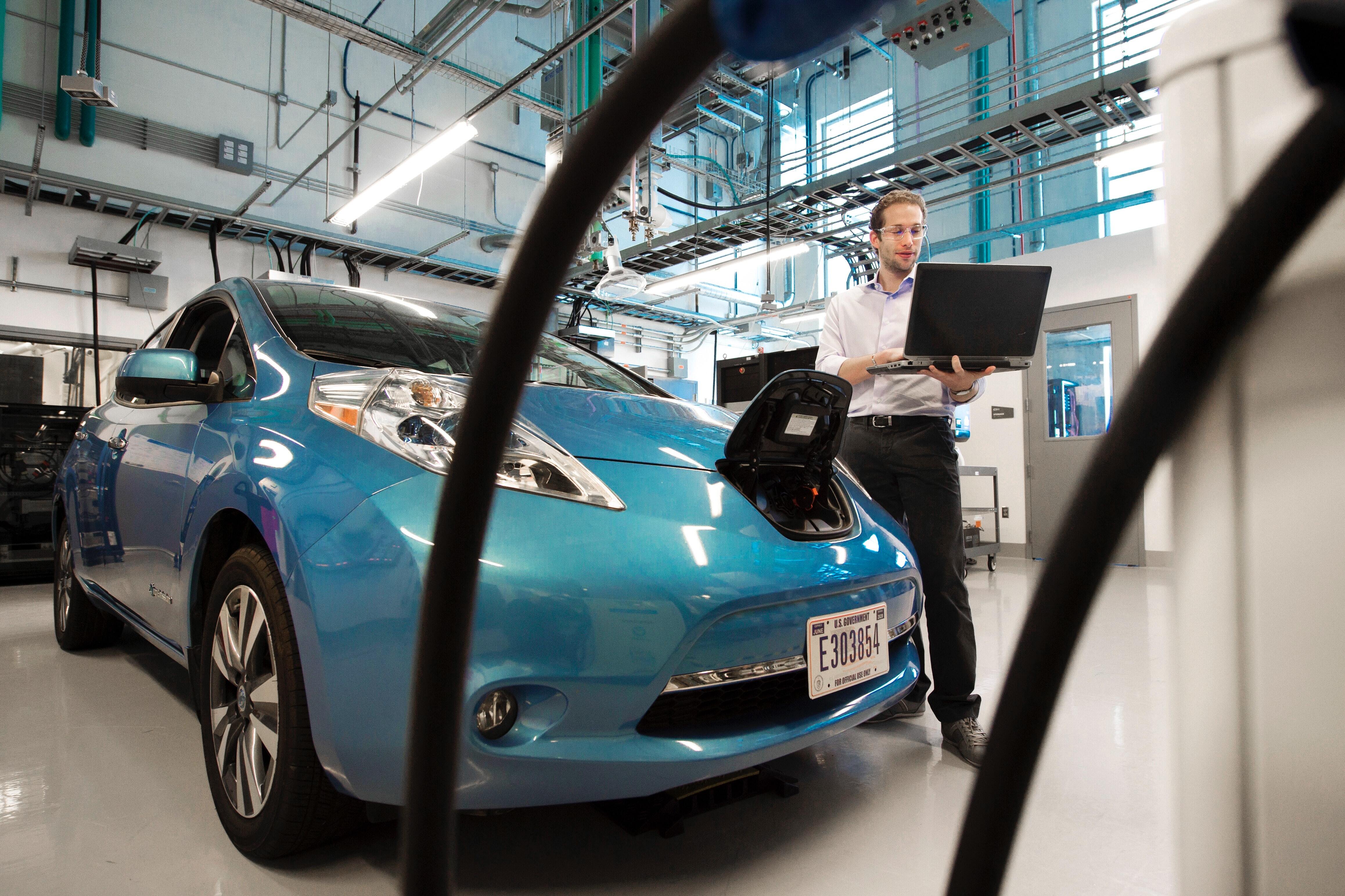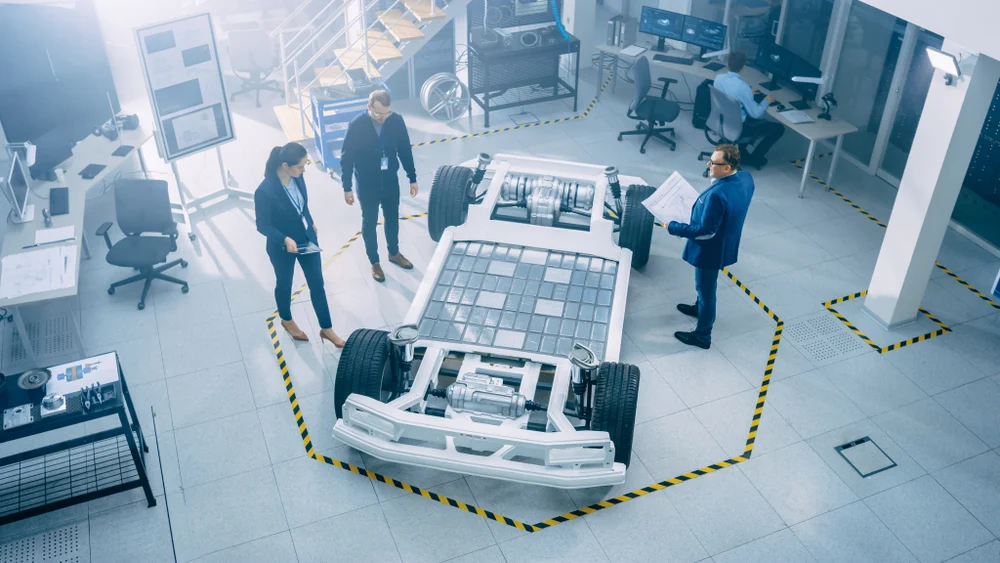Electric Car Battery Life Is More Resilient Than You Think
Electric vehicles (EVs) have never been more popular than today. Globally, EV sales exceeded 10 million in 2022, and with over 2.3 million electric cars sold in the first quarter of 2023, sales are expected to grow strongly through 2023.
Despite this rapid increase, many drivers still have concerns—especially about the longevity of EV batteries. According to our recent Mobility Monitor research, 33% of potential EV drivers cite fear of battery failure as a major concern.
While it’s natural to worry, especially given the way phone and laptop batteries degrade over time, EV batteries are designed to be far more durable. In fact, they often outlast the vehicle itself, and even have a second life after that.
This article will help you understand the reality of EV battery life, address common misconceptions, and provide practical tips for maximizing your battery's lifespan.

Battery Life of Electric Cars: The Understandable (Yet Misplaced) Lack of Trust
We all use batteries daily—from phones and laptops to electric toothbrushes. It’s no surprise that we expect them to maintain their performance over time. However, when it comes to electric car batteries, there’s a lot more going on beneath the surface.
Let’s take a closer look at how EV batteries work and why these fears may not be as justified as they seem.

What Are Electric Car Batteries Made Of?
A typical electric car battery consists of thousands of rechargeable lithium-ion cells, which are connected to form the vehicle’s battery pack. These batteries are known for their high energy density, efficiency, and low maintenance requirements.
However, like any battery, they do degrade over time. But unlike phone or laptop batteries, EV batteries are engineered to last much longer due to advanced design and built-in protection systems.
Electric Car Battery vs Phone Battery
While your phone might lose up to 20% of its capacity within a few years, EV batteries are designed to endure. They are used less frequently and are protected by a battery management system (BMS), which helps slow down degradation.
Additionally, most EVs don’t need to be charged as often as other devices, and modern EVs are built with features that protect battery health over time.

Â
EV Battery Life: How Long Do Batteries Last in Electric Cars?
Industry estimates suggest that EV batteries can last between 100,000 and 200,000 miles, or about 15 to 20 years. Even with age, the loss in capacity is usually minimal and barely noticeable to the driver.
In fact, EVs are currently estimated to lose an average of 2.3% of their battery capacity per year. So, if you buy an EV with a 240 km range, you’ll still have around 213 km after five years.
Several manufacturers, such as Nissan and Tesla, report that their batteries often last well beyond the average car lifespan. Most also offer 8–10 year warranties to ensure peace of mind.

How to Extend the Battery Life of Your Electric Car
Advancements in lithium-ion technology have significantly improved battery performance and longevity. But even with these improvements, proper care is essential to maximize your battery’s lifespan.
EV Battery Charging Best Practices
1. Avoid Charging Every Night
Charging your EV every night, even just partially, can stress the battery over time. To preserve battery health, only charge when necessary and avoid plugging in immediately upon returning home.
2. Keep Charge Between 20 and 80%
Frequently charging to 100% or letting the battery drop to 0% can reduce its overall lifespan. Keeping the charge between 20 and 80% is ideal for maintaining battery health.
3. Control Optimal Charge During Long Storage
If you’re leaving your EV parked for an extended period, it’s recommended to keep the battery between 25 and 75%. This helps prevent degradation during storage.

How Much Does an Electric Car Battery Cost?
The battery is typically the most expensive part of an EV, costing between $10,000 and $12,000. This cost is largely due to the materials used in production, many of which are rare or difficult to source.
However, battery prices have dropped significantly over the past decades due to technological advancements and increased efficiency. Experts predict further declines in the coming years as more production capacity comes online.
Are Electric Car Batteries Recyclable?
When EV batteries reach the end of their life, they can often be reused for other purposes, such as energy storage. Recycling is also becoming more viable as demand for raw materials increases.
Many companies are already repurposing old EV batteries for grid storage and other applications. Recycling techniques now allow up to 95% of materials to be recovered.

What Happens to Old Electric Car Batteries?
Old EV batteries can be repurposed for energy storage, helping balance renewable energy sources and stabilize the grid. Some companies are already using them in smart charging systems.
Recycling Electric Car Batteries
When batteries can no longer serve a functional purpose, recycling becomes an option. While challenging, new techniques are making it easier to recover valuable materials from lithium-ion batteries.

Discover More About EV Charging
Battery lifespan is one of the key factors for prospective EV owners, given the significant investment involved. However, modern EV batteries are designed for longevity and are likely to outlast the vehicle itself.
If you're considering switching to electric mobility, you may have more questions about EVs and charging. Check out our detailed EV charging guide to learn everything you need to know.
Â
 Subscribe to our newsletter: The Current for exclusive insights on all things electric mobility, right to your inbox.
Â






